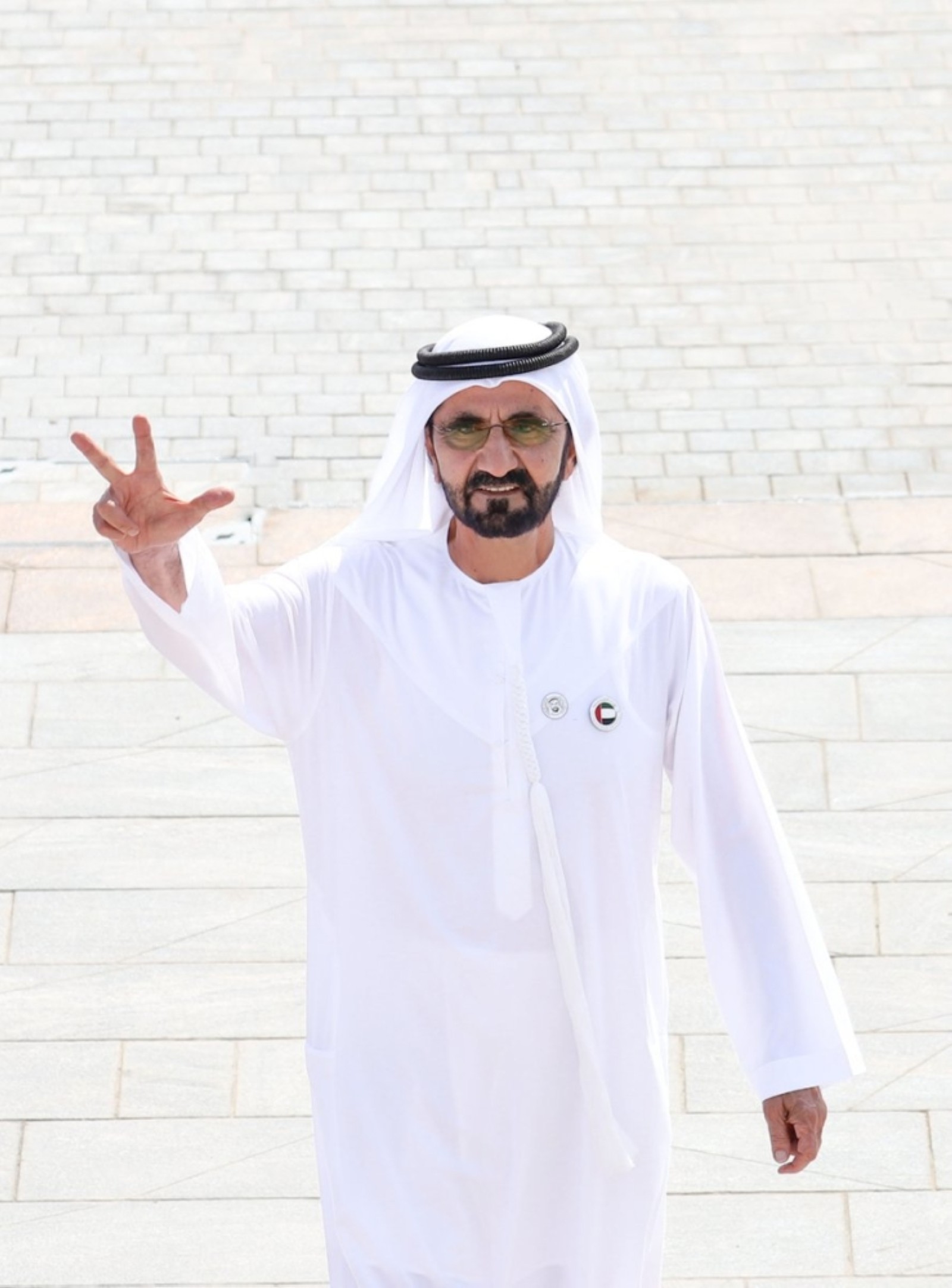Sheikh Mohammed Greenlights Dhs3.7 Billion Five-Year Internal Roads Initiative

Dubai Unveils Ambitious Five-Year Plan for Internal Roads Development
In a significant move that underscores the United Arab Emirates’ commitment to infrastructural advancement, His Highness Sheikh Mohammed bin Rashid Al Maktoum, Vice President and Prime Minister of the UAE and Ruler of Dubai, has given the green light to a comprehensive five-year plan aimed at enhancing internal road networks throughout the emirate. This plan, slated for execution between 2025 and 2029, encompasses an array of 21 projects across various residential, commercial, and industrial zones, ultimately involving the construction of approximately 634 kilometers of new roads at an impressive cost of 3.7 billion dirhams.
The strategic importance of this initiative cannot be overstated. It reflects a proactive approach to addressing the burgeoning urbanization and demographic expansion that Dubai has witnessed over recent years. According to official estimates, the city’s population growth requires a constant reevaluation of its infrastructure to ensure the well-being and satisfaction of its residents.
Projects Across Diverse Areas
His Excellency Mattar Al Tayer, the Director General and Chairman of the Board of Executive Directors at the Roads and Transport Authority (RTA), outlined the ambitious scope of the plan. “The Five-Year Internal Roads Development Plan will focus on 12 areas where urbanization rates are presently between 30% and 80%,” he noted. Among the expansion plans, significant attention is being given to locations such as Nad El Sheba 3 and Al Amardi, set for road construction in 2025. These infrastructures will directly support the Mohammed bin Rashid Housing Establishment project, which aims to deliver 482 housing units. Furthermore, the RTA is committed to developing additional internal roads in Hatta, which will complement another housing establishment project accommodating 100 units.
The timeline of the plan is meticulously outlined. In 2026, the development of 92 kilometers of internal roads will commence in Nadd Hessa and Al Awir 1. This effort is expected to provide enhanced connectivity and accessibility for residents while fostering economic activity in these growing neighborhoods. By 2027, plans will materialize for the construction of 45 kilometers of roads in Al Athbah, Mushrif, and Hatta, in addition to 14 kilometers of infrastructure in Warsan 3, designated as an industrial hub.
A pivotal highlight of this roadmap is the undertaking planned for 2028, which will deliver an extensive 284 kilometers of internal roads across three communities—Al Awir 1, Wadi Al Amardi, and Hind 3. This colossal project will see 221 kilometers dedicated to Al Awir 1, 22 kilometers to Wadi Al Amardi, and 41 kilometers to Hind 3. The aspirations for 2029 continue with a robust 200 kilometers of internal road construction, segmented into 39 kilometers in Hind 4 and 161 kilometers in Al Yalayis 5, demonstrating a relentless commitment to infrastructural enhancement.
Milestones Achieved and Ongoing Developments
Underlining the RTA’s dedication to ensuring that residents and visitors alike benefit from efficient and safe transportation options, Al Tayer provided insights into past achievements. By the conclusion of 2022, the RTA had successfully completed 6,000 kilometers of road infrastructure within various residential and industrial zones, paving internal roads across 28 different areas since 2011.
The recent years have witnessed rapid infrastructural advancements, with 83 kilometers of internal roads constructed across 17 areas in 2023 and 2024 alone. Key project completions have occurred in regions such as Al Warqa 4, Al Qusais Industrial, Margham, and Hatta, among others. Current developments are actively ongoing in Jebel Ali Industrial, Nazwa, and several other locations, ensuring that the necessary road work is consistently progressing to meet the demands of the ever-expanding urban landscape.
In conclusion, this forward-looking plan, outlined by the RTA and endorsed by Sheikh Mohammed bin Rashid Al Maktoum, symbolizes not only a response to current infrastructural challenges but also a strategic maneuver designed to future-proof Dubai’s transport ecosystem. As the city continues to grow, initiatives such as these are fundamental in fostering a balanced, accessible, and sustainable urban environment.
Tags: #UAE #RealEstateNews #EconomyNews







